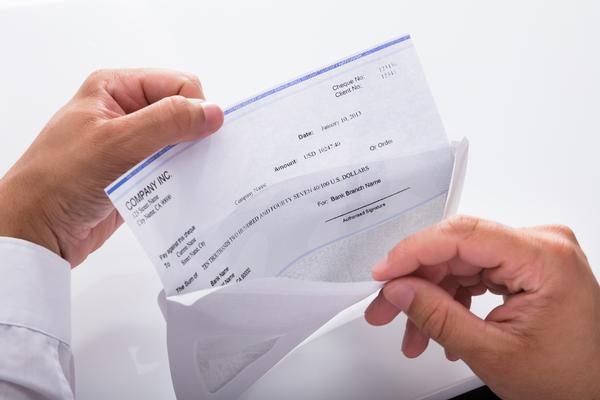Understanding IRS Wage Garnishment
By Todd Whalen - August 22, 2019
What is Wage Garnishment?
A wage garnishment is a type of levy where every time you get paid, your employer is required by law to send a portion of your wages to a creditor or person to whom you owe money. Common reasons for wage garnishment include unpaid child support, consumer debts, student loans, and tax levies. If you have failed to pay your taxes, you could be at risk for IRS wage garnishment. If this happens, the IRS will not take all of your pay, but anything over and above a small exemption amount determined by how often you are paid, your filing status, and your personal tax exemptions will be turned over to the IRS to pay down your debt. Your wages are garnished until the debt is paid in full. If you cannot pay your tax debt, establishing a payment plan with the IRS for repayment of your tax debt is one way to stop IRS wage garnishment and can leave you with more of your paycheck to pay bills and maintain a normal lifestyle.
IRS Garnishment Rules
Before an IRS levy or garnishment can be made:
- You will receive a Demand for Payment of the amount due.
- If you fail to pay this invoice, you will receive a letter (known as Form 1058) entitled “Final Notice of Intent to Levy and Your Rights to a Hearing.”
- You will have 30 days to file an appeal.
- If you do not file an appeal within this time frame, the IRS must wait an additional 15 days to ensure the appeal isn’t in the mail.
- Once this time has passed, the IRS can seize your assets, bank accounts, and wages without further notice.
How to Stop IRS Wage Garnishment
Establishing a payment plan for repayment of your tax debt is one way to stop an IRS wage garnishment. Appealing the decision is another way to avoid garnishment, but there’s no guarantee your appeal will work. If you are already experiencing a wage garnishment, you still have some options, including:
- Borrowing money to pay your tax debt. There is a process called a lien subordination, where IRS has the ability to remove a lien long enough for you to borrow money if it is in their best interest.
- Having the debt placed as uncollectable under the IRS’s Fresh Start program. Depending on the amount of tax debt you owe, you may be able to get a lien released.
- Submitting an Offer in Compromise. An OIC permanently settles the debt for less than you owe. It is best to have a tax professional handle this process for you.
Advanced Tax Solutions has extensive experience negotiating deals with the Internal Revenue Service. We will be able to determine the best method of dealing with the IRS for repayment of your tax debt. We are adept at getting the best deal for our clients and giving them peace of mind by knowing their tax debt situation is being handled by professionals. If you are facing IRS wage garnishment, get in touch with our experienced team of Denver tax professionals today for help. Dealing with the IRS can be stressful and complicated, which is why Advanced Tax Solutions offers IRS garnishment help to ease your burdens. Call our office in Denver any time at (303) 753-6040, and let us help you find the solution. Our goal is to help you put your tax problems far behind you as quickly as possible. Contact us today, and let’s get started.




















